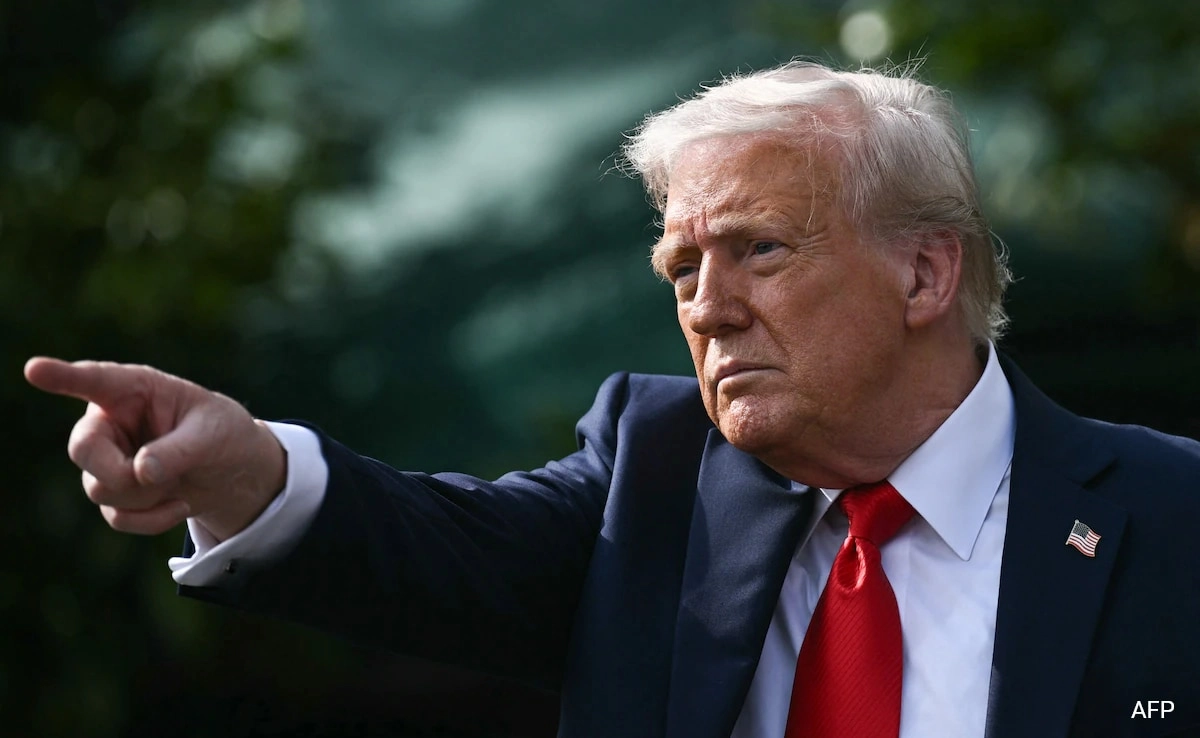The topic of deportation, particularly concerning U.S. citizens, is fraught with complexities and significant implications. Recently, discussions have emerged around the idea that former President Donald Trump has expressed interest in deporting certain U.S. citizens to El Salvador. While this notion may seem far-fetched, it reflects broader themes of immigration policy and national security that have characterized Trump’s administration. It is essential to delve into the motivations behind such a controversial proposition and the potential ramifications for affected individuals and communities.
Trump’s stance on immigration has often been rooted in a desire to reinforce national borders and prioritize the safety of American citizens. He has frequently criticized what he perceives as the dangers posed by undocumented immigrants and has advocated for stricter immigration policies. By proposing the deportation of certain U.S. citizens, Trump may be trying to draw attention to issues related to gang violence and crime, particularly in relation to individuals with ties to Central America. This approach could be seen as part of a broader strategy to underscore his commitment to law and order, appealing to his base that prioritizes security and a reduction in crime rates.
However, the implications of such a policy are profound. Deporting U.S. citizens, especially those who may have been born in the U.S. but have familial connections to El Salvador, raises ethical and legal questions. It challenges the fundamental principles of citizenship and human rights, as many of these individuals may have lived their entire lives in the U.S. and have little or no connection to the country of their ancestry. Furthermore, the potential for tearing families apart raises significant moral dilemmas and could lead to widespread fear and uncertainty among immigrant communities.
The conversation surrounding Trump’s proposed deportation of U.S. citizens to El Salvador also highlights the political and social divides within the country. Supporters may argue that such measures are necessary for maintaining order, while critics view them as draconian and unjust. The broader implications for U.S. foreign policy, particularly with respect to relations with El Salvador and Central America, cannot be overlooked either. Policies that promote deportation may strain diplomatic ties and complicate efforts to address the root causes of migration, such as poverty, violence, and political instability in those regions.
In conclusion, the idea of deporting certain U.S. citizens to El Salvador, as suggested by Trump, underscores a contentious debate over immigration policy, national security, and human rights. It raises critical questions about the treatment of individuals within the U.S. legal framework and the ethical considerations surrounding citizenship. As discussions continue, it is essential to approach the topic with a nuanced understanding of the complexities involved and the potential impacts on individuals, families, and communities across the nation.




